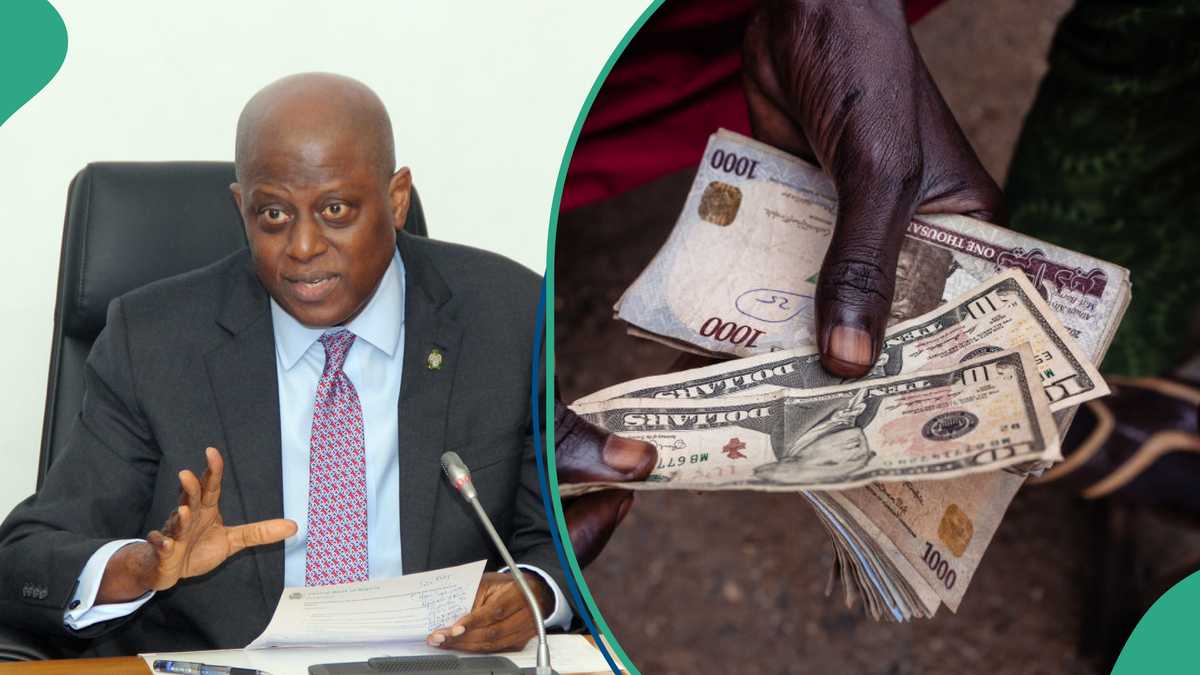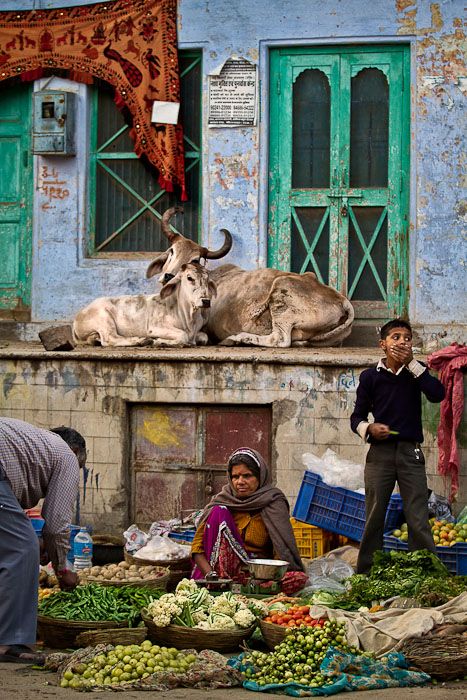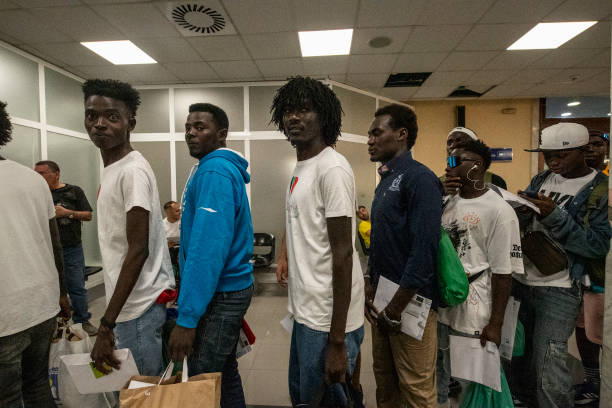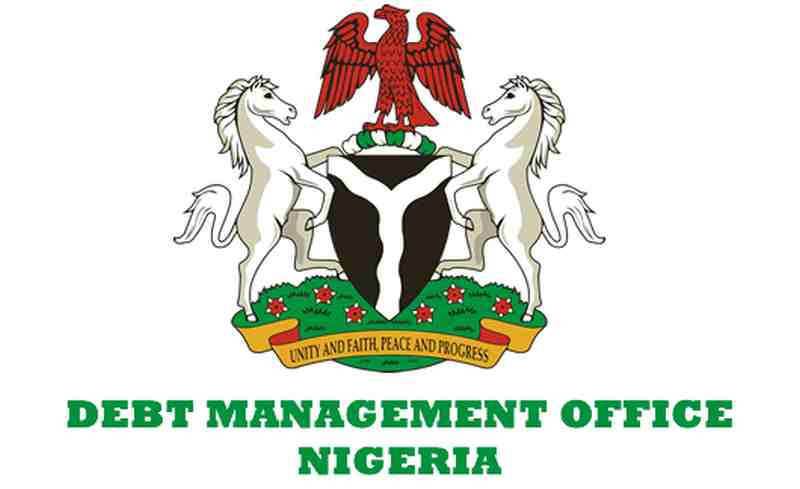CBN Policies and Naira Exchange Rate Fluctuations

The Central Bank of Nigeria (CBN) has expressed confidence in its foreign exchange market reforms, stating they have helped stabilize the naira exchange rate and restore investor confidence. CBN Governor Olayemi Cardoso emphasized that sustained fiscal and monetary reforms have positioned the Nigerian economy and the naira on a more competitive footing. These improvements in exchange rate dynamics, inflation outlook, and external reserves are attributed to policy shifts introduced since June 2023, including exchange rate liberalization, tighter monetary policy, the end of deficit monetization, and the removal of petrol subsidies.
Cardoso referenced Fitch Ratings’ recent upgrade of Nigeria’s long-term credit rating from ‘B-’ to ‘B’ with a stable outlook as a positive signal amid global economic headwinds. He noted that Nigeria’s reforms allowed it to weather global market volatility better than many peer economies and that the CBN’s forward-looking strategy averted worse outcomes. Net external reserves have significantly increased from just over $3 billion to about $23 billion, reflecting improved market confidence, alongside a current account surplus and improved trade balance.
Recent data indicates the naira improved against the dollar in the official market to N1,597/$ from N1,599/$, and black market traders confirmed a drop in the dollar exchange rate. The CBN has also announced the latest customs exchange rate to reflect the naira’s performance.
However, the CBN has resolved to leave monetary policy parameters unchanged, retaining the Monetary Policy Rate (MPR) at 27.50 per cent. This decision was made during the 300th meeting of the Monetary Policy Committee (MPC) in Abuja. The committee also retained the asymmetric corridor around the MPR, Cash Reserve Ratio, and Liquidity Ratio. Cardoso acknowledged improvements in key macroeconomic indicators, including the narrowing gap between the Nigeria Foreign Exchange Market (NFEM) and Bureau De Change (BDC) windows, positive balance of payments, and easing premium motor spirit (PMS) prices.
The MPC commended the government for measures to increase food supply and combat insecurity in farming communities. Headline inflation declined to 23.71 per cent in April 2025, from 24.23 per cent in March 2025. Despite this, Cardoso acknowledged underlying inflationary pressures from high electricity prices and persistent foreign exchange demand. New government policies aim to boost local production and reduce foreign currency demand.
The MPC urged the CBN to sustain ongoing reforms to boost market confidence and called on fiscal authorities to enhance foreign exchange earnings, especially from gas, oil, and non-oil exports. Concerns were raised about the recent decline in crude oil prices due to increased production by non-OPEC members and uncertainties in U.S. trade policy, which pose challenges for fiscal receipts and budget implementation. The banking system’s stability was reaffirmed, with improvements in key performance indicators and progress in the ongoing recapitalization exercise.
Cardoso addressed concerns about the impact of macroeconomic improvements on Nigerians, assuring that reform initiatives will yield greater results over time. He emphasized that investors are drawn to stable economies where they can plan, leading to confidence, investment, and growth. He also addressed the naira’s depreciation amid global economic uncertainties, stating that CBN measures helped moderate the depreciation compared to other countries.
Despite retaining the interest rate, the naira depreciated against the dollar in the parallel foreign exchange market, exchanging for N1628 per dollar, down from N1617. However, in the official market, the naira gained marginally to close at N1,598.68 against the dollar. The decision to hold the policy rate at 27.5 per cent was influenced by the easing inflation rate.
The MPC’s decision was also informed by the need to anchor the inflation rate and prevent capital outflow amid uncertainty. Fiscal support is expected to increase foreign exchange inflow to stabilize the naira. Cardoso warned about the decline in crude oil prices and called for sustained reforms to boost market confidence. He confirmed that fuel importation has decreased due to Dangote refineries and other national refineries, and gas exports are increasing.
Cardoso also highlighted the Non-Resident Bank Verification Number (NRBVN) initiative aimed at broadening remittances, with a monthly target inflow of one billion dollars. He called on banks to strengthen their know-your-customer (KYC) protocols and disclosed that the CBN is working with international money Transfer Operators (MTOs) to introduce products appealing to Nigerians in the diaspora.
Analysts like Dr. Muda Yusuf commended the MPC’s decision to retain the MPR, describing it as pragmatic, given the already tight monetary environment. Dr. Paul Uzum noted that lowering interest rates could prompt capital flight. Professor Chude Nwude raised concerns about Nigeria’s persistently high interest rate, arguing that it discourages investment in the real sector. The naira has shown some rebound in the foreign exchange market, closing at N1,598.72/US$1, with increased inflows in the NAFEM window.
In summary, the CBN's decision to maintain the MPR at 27.5 percent reflects a strategy to consolidate gains from recent tightening measures while navigating global economic uncertainties and focusing on long-term economic stability through fiscal and monetary policy coordination.
You may also like...
In the Shadows of the Signal: How Africa is Fighting a War It Cannot See

The article discusses the growing threat of cyberattacks in Africa, likening it to a "quiet war" being waged through dig...
Beyond Fintech, A Continent on the Rise

Africa's tech landscape is rapidly diversifying beyond fintech. Discover how innovation in sectors like AI, health tech,...
Should Religion Still Dictate Morality in a Secular Age?

This bold essay unpacks the complex relationship between faith, law, and public life—exploring where religion uplifts mo...
Africa’s AI Moment: Are We Innovating or Just Consuming?

As AI reshapes Africa’s digital landscape, the continent stands at a crossroads: Will it lead innovation or remain a tes...
The Rise of AfroAnimation: How African Studios Are Telling Our Stories With Global Appeal
(26).jpeg)
African animation is breaking boundaries as studios across the continent craft vibrant, culturally-rooted stories with g...
Digital Dakar: Why Senegal Is Africa’s Next Fintech Capital

Senegal’s capital, Dakar, is emerging as Africa’s next fintech powerhouse, driven by mobile money innovations, a youthfu...
The Global South Doesn’t Need a Savior: It Needs Equity

This incisive essay dismantles the outdated saviour complex, calling for a bold shift from patronising charity to genuin...
The Strangers Next Door: A New Dilemma at Africa’s Threshold

The article discusses the deportation of African nationals by the United States to eSwatini, a small southern African ki...




